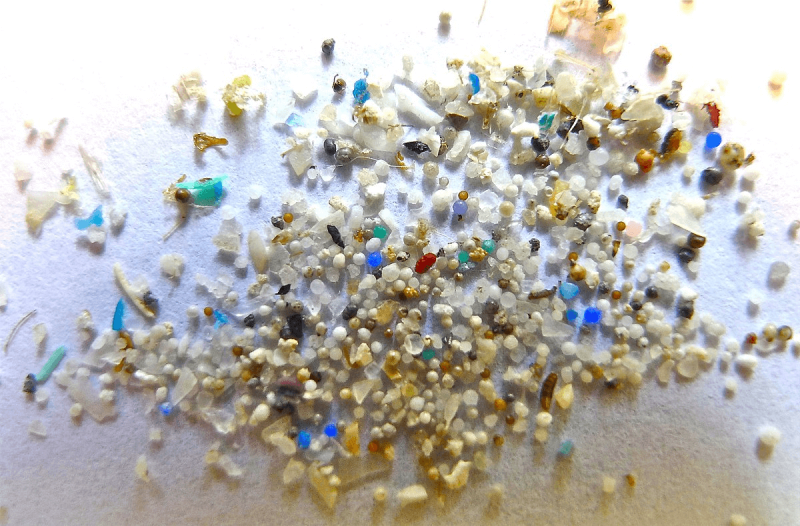Frequent extreme weather and growing food demand have exacerbated reliance on plastics to increase grain yield. Plastics used in agriculture include greenhouses and plastic films for temperature control, irrigation pipes, and seed plastic coating to prevent pests and diseases. When these plastics are left to decompose in the fields, microplastics enter the soil, decreasing the number, diversity, movement, and reproduction rate of soil biota. Microplastics can also change the physiochemical properties of soil, such as its structure, water-holding capacity, and density, which could restrict root growth, nutrient uptake, and yield of future crops.
Soil microplastics can be transferred to humans through the food chain or water cycle. Microplastic particles have been found in human intestines, lungs, blood, brain, and breast milk. These foreign substances can cause tissue rejection and inflammation.
Farmers should recieve incentives to explore nature-based farm equipment, phase out plastic film and prioritize reusable plastic products. Scientists should work to create affordable biodegradeable agricultural plastic options and technology that can remove microplastics from soil. Finally legislation must be passed to regulate the use of agricultural plastics and the level of microplastics pollution in soil.































